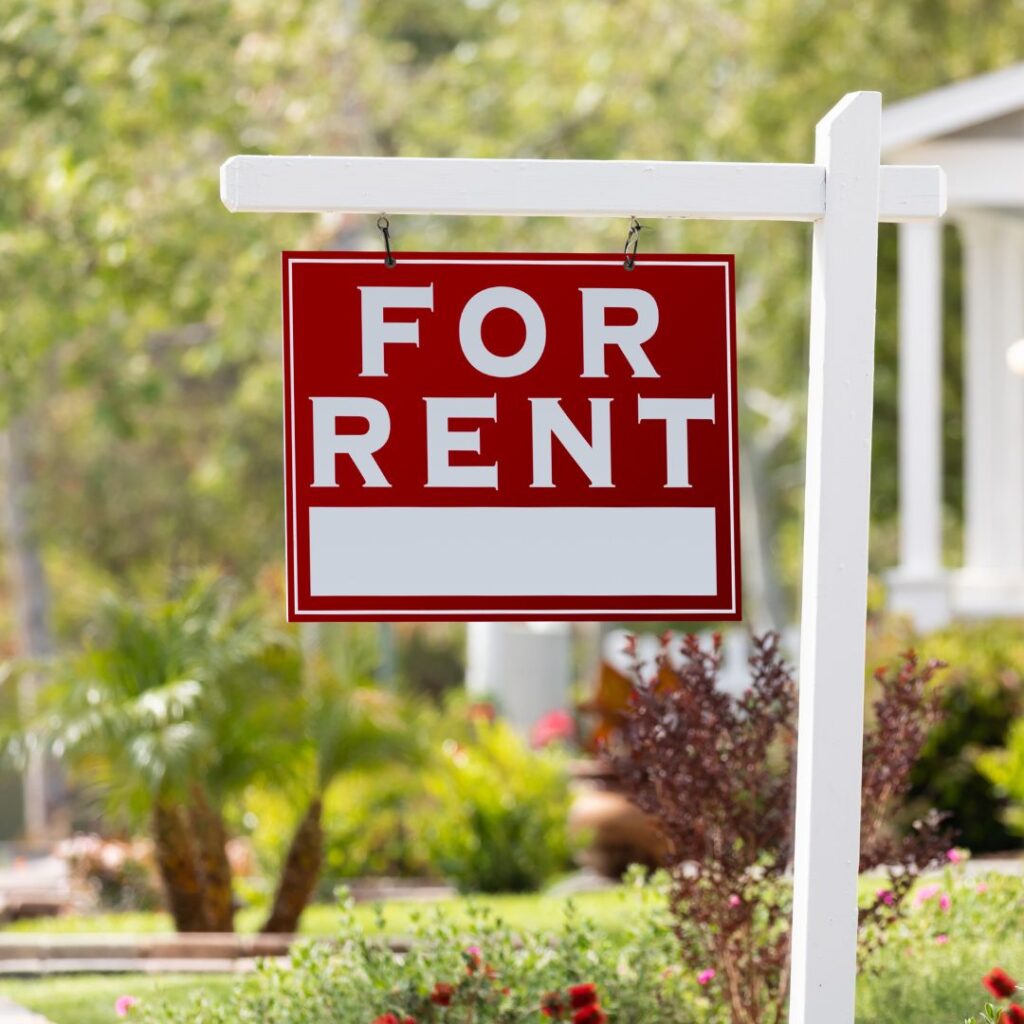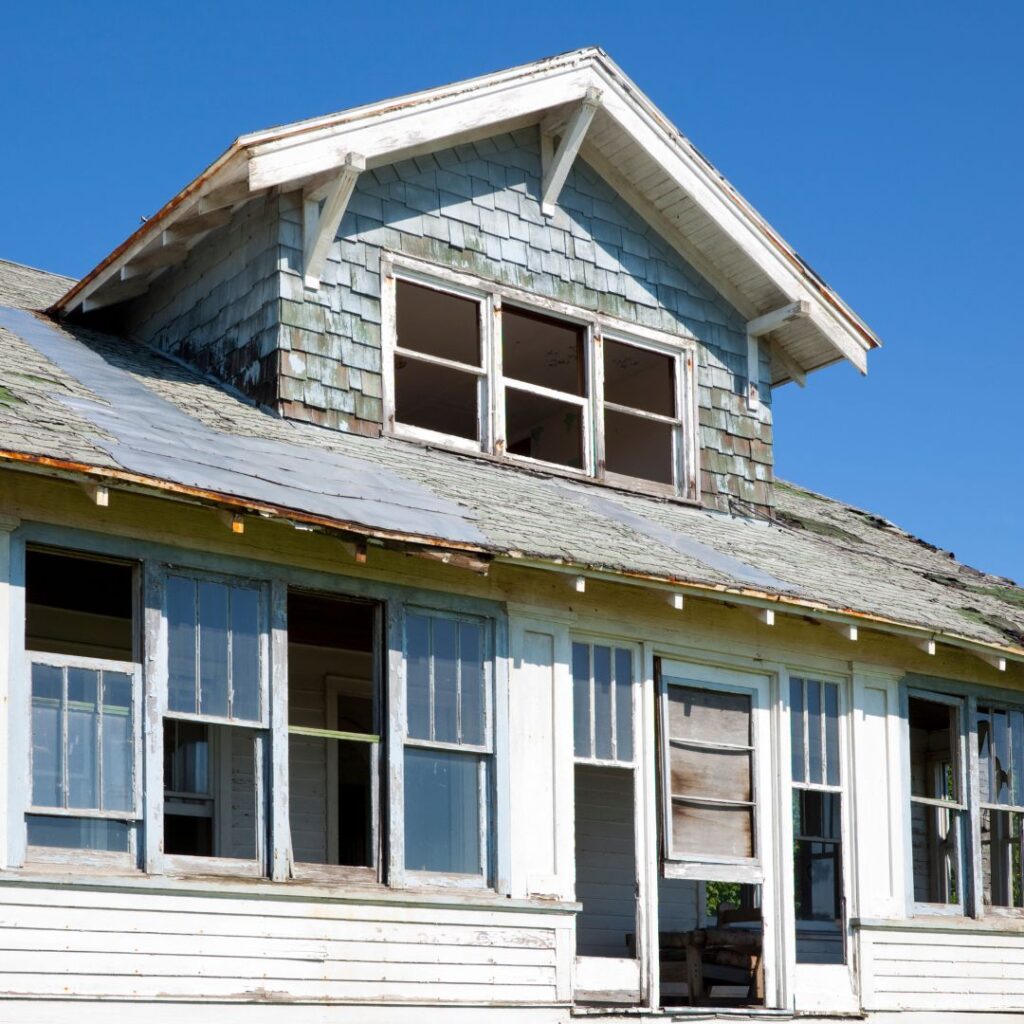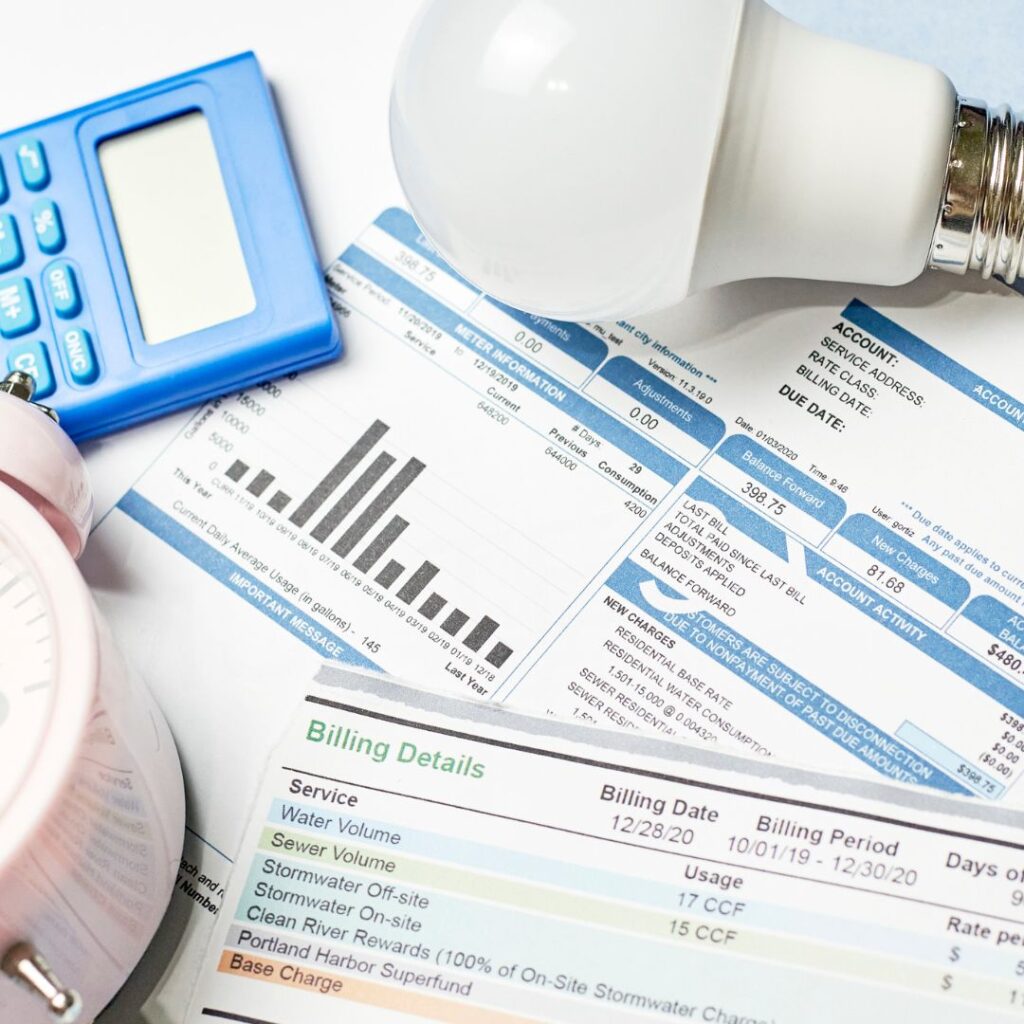8 Important Tips For Successful Real Estate Investing
1. Compare Property Values and Rent
Financial statistics only go so far; the best measure of a property’s market value is often the sale prices of nearby properties. The same holds true for area rents. A low price can often be justified by a reasonable rent; renters who can afford a high rent can afford to buy instead, so reasonably priced rent is a need.

2. Assess the Tax Situation
Taxes are an integral part of successful real estate investing, and They often make the difference between a positive cash flow and a negative one. Know the tax situation, and see how it can be manipulated to your advantage. It may be a good idea to consult a tax advisor.

3. Specialize in Something You Know
Start in a market segment that you know. Whether you focus on fixer-uppers, foreclosures, starter homes, low-down payment properties, condominiums, or small apartment buildings, you’ll benefit from experience by specializing in one aspect of investment real estate properties.

4. Know the Costs Going In
Know the financial statements inside out. What are operating expenses? What are loan payments? Vacancy costs? Taxes? What does the cash flow statement look like? These are key issues that must be addressed before making a solid investment.

5. Know Where Your Tenants Are Coming From
Are they young professionals, families, or retirees? Knowing this helps you tailor your property to suit their needs and preferences. For instance, young professionals might prioritize proximity to urban centers and public transport, while families could be more interested in nearby schools and parks. Understanding your tenants’ lifestyle and needs allows you to market your property more effectively, leading to faster rentals and potentially higher returns on your investment. This insight also guides you in making informed decisions about property locations, types, and the amenities you should offer to attract and retain tenants.

6. Investigate Insurance Coverage
It’s vital to protect your investment against unforeseen circumstances such as property damage, natural disasters, or liability issues. Start by consulting with an insurance professional to understand the types of coverage available and appropriate for your specific investment. Whether it’s rental property insurance, landlord liability coverage, or a policy covering a property under renovation, each type offers different protections tailored to various investment scenarios. Regularly reviewing and updating your insurance policies to reflect changes in property value, improvements made, or shifts in the market can safeguard your investment and provide peace of mind. Remember, adequate insurance is not just a safety net; it’s an integral part of a successful real estate investment strategy.

7. Confirm Utility Costs
Ask the local utilities to verify recent utility expenses, especially if any of these costs are included in your tenant’s rent.

8. Get an Inspection
An inspection can uncover potential issues that might not be visible during a casual walkthrough, such as structural problems, electrical faults, or plumbing issues. An inspection can provide a comprehensive understanding of the property’s condition, helping you avoid costly surprises down the line. Additionally, the insights gained can be a powerful tool in negotiating the price, ensuring you make an informed and profitable investment decision.

